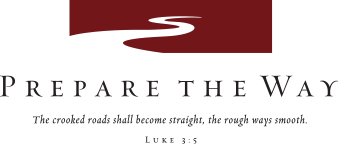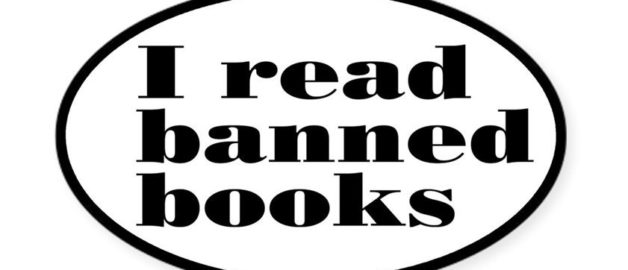Library Controversies: Be a Voice for Common Sense
On a recent visit to the Deschutes County Library, we noticed a librarian with a small pin that said, “I read banned books.” Both school and public libraries have been gaining widespread media attention lately on this topic. A recent investigation into one California school showed a popular teacher’s LGBT library contained numerous books that discussed very detailed sexual topics (sex parties, orgies, etc) and that are considered by most to be pornographic. One book in the teacher’s library said, “We all want to have sex with loads of people,” and then went on about various ways to do that. Another title in the teacher’s library, Everything you Ever Wanted to Know About Being Trans, openly talked about BDSM (bondage and discipline, dominance and submission, sadism and masochism):
“I find the [BDSM/kink community] to be extremely open-minded and welcoming in every way; it’s a place of sexual liberation…There is often more blanket level of acceptance of transgender people within the kink/BDSM (bondage and discipline, dominance and submission, sadism and masochism) scenes and sites such as FetLife.”
Ironically, the teacher of this particular classroom library then questioned, “I’ve been wondering lately why it’s so hard for so many people in the general public to trust educators about education…” Hmmmm…doesn’t take a rocket scientist. This lack of common sense is why so many have left the public school system.
Here in Central Oregon, the Crook County Library recently was in the media spotlight regarding the controversy of including various LGBTQ books in the children’s section of the library. Many parents in the Crook County community complained about some of the books in the children’s section being too graphic and even called content “pornographic.” The controversy contributed to the library director stepping down. The debate is ongoing. Parents are requesting these books in a separate collection, and the library’s argument is that a separate collection makes LGBTQ children feel singled out and threatens funding from Deschutes County.
The irony is that at the same time these stories were coming out, several media sources were covering the fact that Kirk Cameron’s new children’s book was rejected by every public library across the country that was contacted.
So how can we take action in our communities in a respectful and common sense way? Here are some thoughts.
1) Focus on the question of books being placed in an age-appropriate section. Most reasonable people would say that having sexual content (including heterosexual content) in the children’s section is not common sense. Citizens fund the libraries and most of “we the people” don’t want sex in the children’s section. The majority of parents want to be involved in selecting books on topics relating to sexuality. Contact your libraries and simply make this common sense argument.
2) Correct the “Christians just want to ban any book they don’t like” straw man. The heart of the real debate is primarily about age-appropriate placement of books with sexual content, not banning books. The media likes to paint Christians as book-banning haters who want to ban any book they disagree with. Make the clear argument that you are not supporting banning any book you disagree with. What most disagree with is the placement of certain books in the children’s section of libraries where most parents want their kids to be able to freely browse.
3) Point out the double standard on book banning. Our local librarian’s pin that said, “I read banned books” likely meant something like, “we don’t like parents complaining about certain books….” The librarians claim this is about free speech, but when it comes to conservative books in schools (such as Kirk Cameron’s book on Biblical wisdom), that kind of banning is acceptable. There is a huge double standard about this topic within the public library and public school system. The National Review recently covered a controversy in one Texas school and made this point:
“…Granbury Independent School District has no constitutional obligation to stock its shelves with novels touching on rape, abortion, or transgenderism; there is no tenet of free expression that demands libraries make books on racial identitarianism available to kids; there’s no rule that state schools must keep books on a shelf in perpetuity simply because a librarian ordered it. If such requirements did exist, do they also have a duty to carry The Road to Serfdom or The War against Boys?”
The truth is this:
the public schools and public libraries work for the public. So public comment on issues of what books should be carried and in what sections of the library is an acceptable debate. The condescending straw man of “you just want to ban books” needs to be squashed. Libraries are not going to have Playboy magazines in the school library (God help us, not yet, anyway). Is that a violation of free speech? No, it’s just a healthy debate about what books and magazines should be on the shelf. Contact your local librarians and county government officials (always respectfully per Romans 12:14 and many other verses) and support common sense in our communities.

